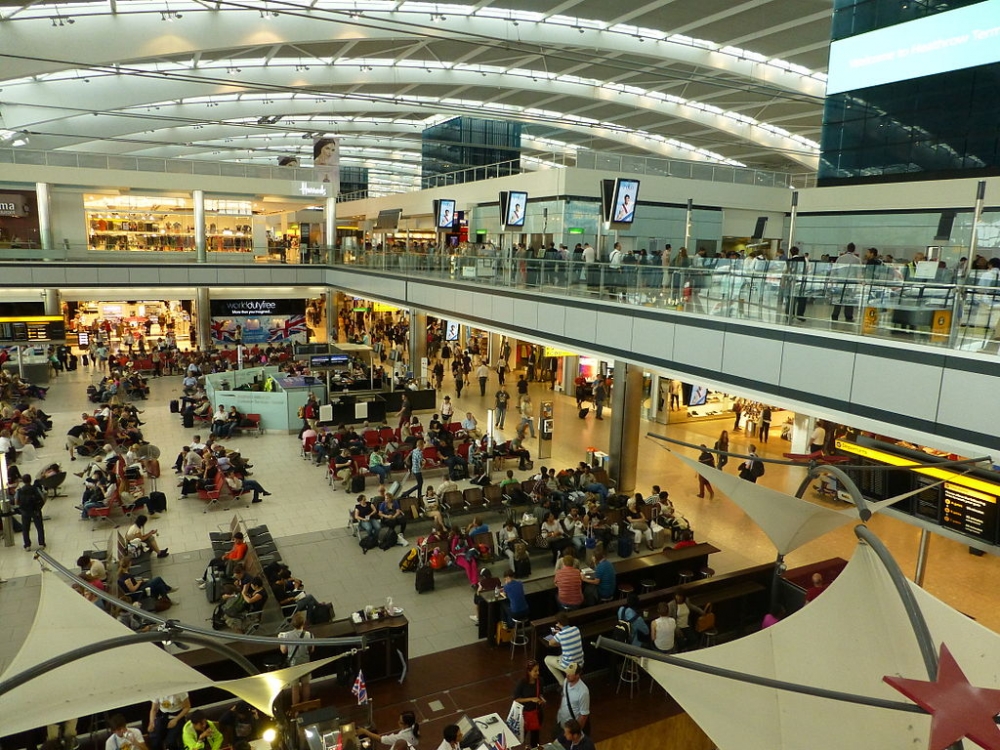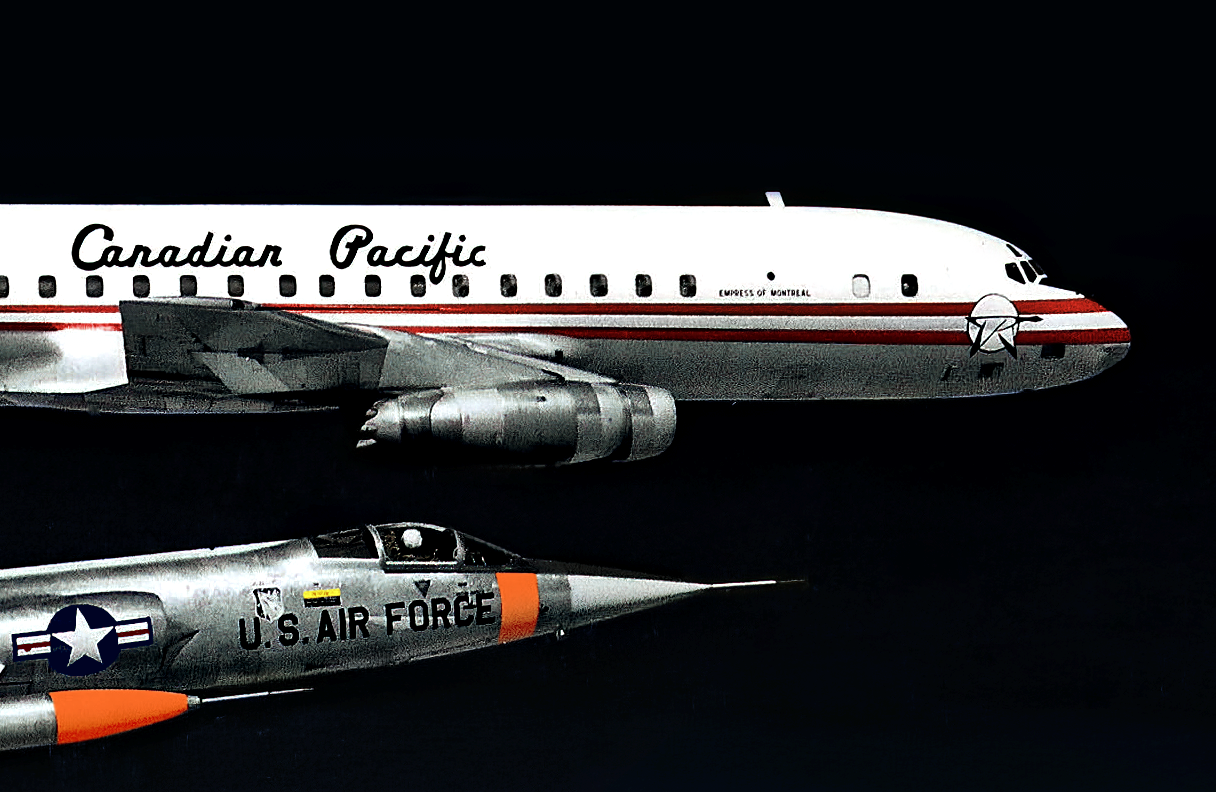UK urged to axe expensive passenger tax
08 September, 2016
4 min read


The chief executives of several European airlines have jointly urged the UK government to abolish the Air Passenger Duty, or APD, to boost British tourism and the economy.
Economic analysis by PwC shows that removing the APD would grow British GDP by 1.7 per cent and create 61,000 new jobs by 2020.
Most countries in the world levy equivalent departing air passenger taxes, but the UK tops nearly all the league tables. Passengers last year paid the UK government’s Treasury about £3 billion (US$3.9 billion) in APD for departing from an airport in the country on a domestic or an international flight.
“The UK spends hundreds of millions of pounds attracting foreign tourists and business people to the country and then charges them up to £146 in tax to return home,’’ said Thomas Reynaert, managing director or Airlines for Europe (A4E), a Brussels-based airline lobby group. “It’s time for the UK government to get rid of this tax which punishes business and consumers.”
The issue of “anti-competitive” aviation taxes in Europe is one of the key policy priorities of A4E, which has the continent’s five largest airline groups — Air France KLM, easyJet, International Airlines Group (IAG), Lufthansa Group and Ryanair — among its members.
Other airline and business associations also have urged the UK government to remove or drastically reduce the ADP. The British Air Transport Association (BATA), the trade body for UK registered airlines, has been campaigning for this for years. It is part of the ‘A Fair Tax on Flying’ campaign and BATA commissioned the consultancy firm Steer Davies Gleave to analyze and assess the APD.
The final report was released earlier this year and reveals that:
- The applicable rates (in nominal terms) of the APD have increased significantly between its introduction in 1994 and 2015. The rate for short-haul trips in the lowest class of travel has increased by 160 per cent, from £5 to £13. For longer haul trips the rate for the lowest class of travel has increased by 630 per cent, from £10 to £73. The corresponding increases for travel in higher classes (premium economy, business and first), have been 420 per cent for short-haul trips (from £5 to £26) and 1,360 per cent for longer-haul trips (from £10 to £146).
- The UK APD is the highest aviation tax levied on passengers departing from airports in the EU, Norway and Switzerland for both short-haul and long-haul journeys in all classes.
- On a global level, the UK has the highest tax for long-haul destinations for travel in any class, whereas it has the 61st and 27th highest tax for short-haul destinations for travel in economy and higher classes, respectively.
- On a per passenger-kilometre basis, the UK ranks highest globally for domestic and long-haul journeys in economy. For short-haul international journeys, the UK ranks below countries in Africa and Latin America, but above other world regions including Australia and North-America.
Over the years, the UK has simplified its APD and it currently has two categories based on stage length — band A for flights up to 2,000 miles and band B for longer flights — and two categories based on the class of travel, the lowest class and the higher classes comprising premium economy, business and first.
The need to abolishes the APD is even more imperative in the wake of the UK’s vote to leave the European Union, according to A4E.
The excessively high tax on the departing passengers APD puts the UK “at a competitive disadvantage as other European hubs take traffic and business away from the UK precisely because of the APD. Following the vote to leave the European Union, every effort should be made to ensure the UK economy improves its competitiveness and secures its position as worldwide trading nation,” Reynaert emphasised.
He advised the UK government looks to other countries in Europe where it can find experience and “hard economic facts” showing that removing aviation taxes is beneficial to the economy and connectivity. For example, Ireland saw a 52 per cent increase in Northern Ireland residents flying from Dublin Airport in the year following the Irish government’s decision to scrap the air travel tax on passenger departures.
Get the latest news and updates straight to your inbox
No spam, no hassle, no fuss, just airline news direct to you.
By joining our newsletter, you agree to our Privacy Policy
Find us on social media
Comments
No comments yet, be the first to write one.

